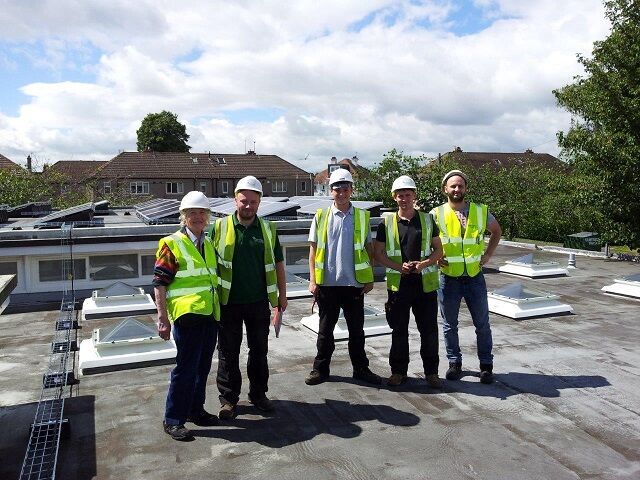The European Committee of the Regions (CoR) has presented a new policy recommendation for local energy communities.
In a statement released it says that such systems, either consumer- or municipally-owned, are favorable as they can enable and accelerate the energy transition, and allow for the democratization of energy supply. However, energy cooperatives and other administrative entities are struggling with policy barriers and often lack political support, it finds.
Taking shape
Many aspects of the EU’s clean energy package, which aims to restructure electricity market design and set new renewable energy goals, are taking shape, with new targets and rules on self-consumption of rooftop PV having already been negotiated. Others, like state aid rules for fossil fuels, or the deregulation of energy prices are currently being discussed.
The latest development has seen the CoR backing member and rapporteur Mariana Gâju's policy recommendation for “Models of local energy ownership and the role of local energy communities in the energy transition in Europe”.
The recommendation states that “energy cooperatives can contribute to the decentralization, opening up and democratization of energy systems and thus can have a positive impact on sustainable local economic and social development, and can thus also contribute to tackling energy poverty and promote job creation within the community.”
It adds that different forms of support schemes, like priority access or access under reasonable conditions, are generally positive and calls for simplified permitting processes for smaller renewable energy plants.
The CoR further points out that progress on the establishment of local energy communities is hindered by disproportionate regulatory and administrative burdens, as well as discriminatory market access rules. Calling for an end to such matters, the committee states that regional cooperation with regards to energy communities should instead be fostered.
Popular content
It also finds that the potential shift away from non-premium based and market independent support mechanisms would reduce financial resources for energy communities, or exclude them from the market due to complicated bidding processes.
Looking at retail electricity markets, the recommendation says a more dynamic and competitive market would allow customers to “reap the benefits” of the energy transition, while energy communities would find a good opportunity in reacting to a more diversified and flexible market.
In terms of bankability, the committee stresses that more stable policies and guaranteed financial support mechanisms for renewable energy are needed, in order to place local energy ownership planning on a secure footing.
Reviewing the progress that has already been made, the committee says it “is pleased that as a result of the improvements to the current EU legislative framework brought about by the proposals in the new legislative package on clean energy, including the proposals on the new internal energy market directive, the role and involvement of local energy communities in the operation of the energy system as energy producers, distributors and consumers will be recognised.”
However, additional rules need to be put in place, efforts must be harmonized within the internal market, and definitions of local energy communities must be aligned across the continent. This would enable energy communities to fully deploy their potential services, such as energy efficiency, storage, management of local distribution networks, network balancing, and aggregation of production assets to form virtual power plants.
The document is an official policy recommendation and seeks to inform the parties to the clean energy package negotiations about the policy preferences on certain issues.
This content is protected by copyright and may not be reused. If you want to cooperate with us and would like to reuse some of our content, please contact: editors@pv-magazine.com.



By submitting this form you agree to pv magazine using your data for the purposes of publishing your comment.
Your personal data will only be disclosed or otherwise transmitted to third parties for the purposes of spam filtering or if this is necessary for technical maintenance of the website. Any other transfer to third parties will not take place unless this is justified on the basis of applicable data protection regulations or if pv magazine is legally obliged to do so.
You may revoke this consent at any time with effect for the future, in which case your personal data will be deleted immediately. Otherwise, your data will be deleted if pv magazine has processed your request or the purpose of data storage is fulfilled.
Further information on data privacy can be found in our Data Protection Policy.